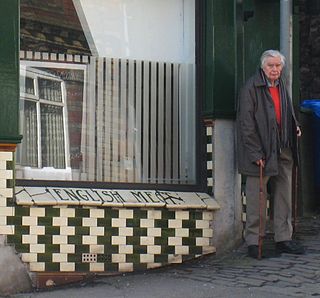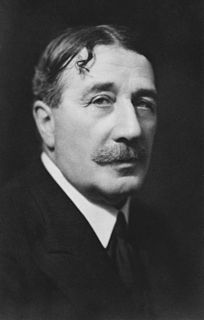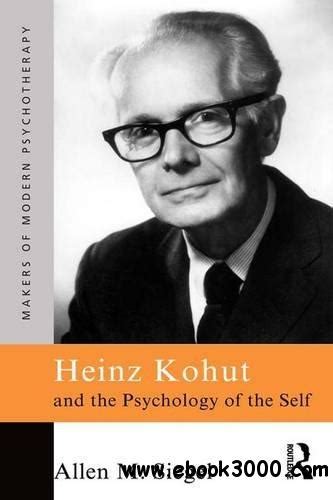A Quote by Luce Irigaray
...more than other senses, the eye objectifies and masters. it sets at a distance, maintains the distance. in our culture, the predominance of the look over smell, taste, touch, hearing, has brought about an improverishment of bodily relations...the moment domin ates the look dominates, the body loses its materiality” -luce irigaray
Related Quotes
The seeing of objects involves many sources of information beyond those meeting the eye when we look at an object. It generally involves knowledge of the object derived from previous experience, and this experience is not limited to vision but may include the other senses: touch, taste, smell, hearing, and perhaps also temperature or pain.
Taste and smell are often the beggars among our five senses - they leave no written language and therefore no standards other than wholly personal ones. Tasting a superlative Moselle wine can be an aesthetic experience no less genuine than hearing a Mozart piano concerto or seeing for the first time an original Breughel painting.
I do feel there is a certain amount of distance and apathy that's created when you feel like there's a distance between you and the other people. So it's very easy to... when you have an app that sets it up where you very clearly swipe somebody's face off of your screen because you don't like the way they look, you're asking people to not appeal to their best selves. You're asking people to be brutal.
I do not believe there is any such sixth sense. A man with a good sense of direction is, to me, quite simply an able pathfinder - a natural navigator - somebody who can find his way by the use of the five senses (sight, hearing, taste, smell and touch - the senses he was born with) developed by the blessing of experience and the use of intelligence. All that pathfinder needs is his senses and knowledge of how to interpret nature's signs.
We sabotage our creative possibilities because the world revealed by our imagination may not fit well with the life we have taken so much trouble to construct over the years. Faced with the pain of that distance, the distance between desire and reality, we turn just for a moment and quickly busy ourselves.
Our senses enable us to perceive only a minute portion of the outside world. Our hearing extends to a small distance. Our sight is impeded by intervening bodies and shadows. To know each other we must reach beyond the sphere of our sense perceptions. We must transmit our intelligence, travel, transport the materials and transfer the energies necessary for our existence.
There is really no fiction or non-fiction; there is only narrative. One mode of perception has no greater claim on the truth than the other; that the distance has perhaps to do with distance - narrative distance - from the characters; it has to do with the kind of voice that is talking, but it certainly hasn't to do with the common distribution between fact and imagination.









































